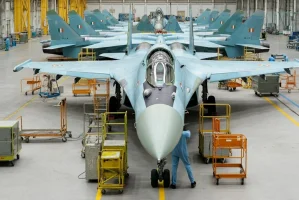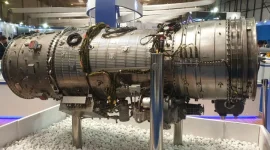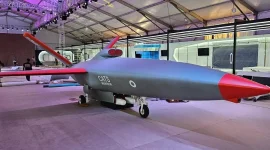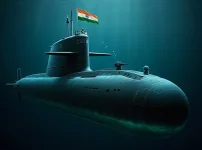In a major boost to India's goal of self-reliance in defence technology, the National Aerospace Laboratories (NAL) has revealed the successful development of a new small gas turbine engine.
Named the NJ-100, this indigenously built engine is capable of producing 100 kilograms-force (kgf) of thrust and is specifically designed to power a new generation of unmanned military systems.
The development of the NJ-100 engine marks a significant achievement for India's aerospace and defence sector, which has historically faced challenges in creating domestic propulsion technology. For decades, the country has relied on foreign suppliers for the engines used in its missiles and unmanned aerial vehicles (UAVs).
This new engine is engineered for critical applications such as long-range loitering munitions, advanced tactical UAVs, and compact cruise missiles, addressing a crucial gap in the nation's manufacturing capabilities.
The NJ-100 is designed to meet the demands of modern warfare, which increasingly relies on unmanned platforms.
Its key features include a high thrust-to-weight ratio, compact design, and fuel efficiency, making it an ideal power source for systems that must be both agile and capable of long-endurance missions. This class of engine is vital for producing cost-effective and rapidly deployable assets essential for contemporary military strategy.
This achievement follows earlier successes within NAL's small gas turbine engine program. The laboratory's annual report noted that the NJ-100's development was built upon the foundation laid by its predecessor, the NJ-5 engine.
In 2024, the NJ-5 was successfully integrated into a scaled model aircraft and underwent flight testing, which validated its performance and control systems in real-world conditions. This successful trial provided NAL with the confidence and technical data to advance the more powerful NJ-100 project.
The strategic importance of the NJ-100 cannot be overstated. It directly supports the Indian government's "Aatmanirbhar Bharat" (Self-Reliant India) initiative by providing a homegrown alternative to imported systems.
Currently, many of India’s key defence projects, including various cruise missiles and UAV programs, depend on small turbojet engines sourced from countries like Russia.
The operational deployment of the NJ-100 is expected to drastically reduce this import dependency, lower production costs, and eliminate risks associated with technology sanctions and supply chain disruptions.
Furthermore, possessing indigenous engine technology opens up possibilities for future innovation. It allows Indian engineers to create modular designs that can be quickly adapted and upgraded to meet the evolving operational needs of the armed forces.
This capability for customization is a significant advantage over relying on fixed-specification imported hardware and is a critical step towards achieving true strategic autonomy in defence manufacturing.








